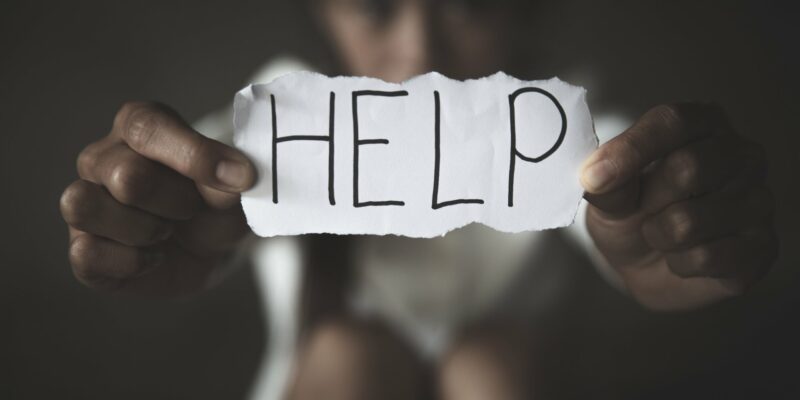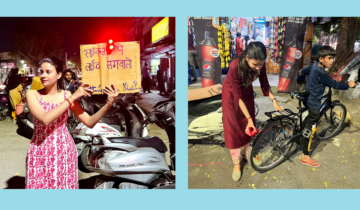When Rupa* went out to play with her friends that evening, her mother had no idea that her 12 YO will not return home. After a frantic search in the neighborhood and calls to their relatives and friends, Rupa’s parents decided to file a missing persons report. Weeks rolled into months and then years yet there was no sign of Rupa. There is very little hope left for her return, even in her parents’ minds. Yet they want to do everything to get their daughter back.
Unfortunately, Rupa’s story is part of a bigger narrative that talks about the disappearance of children in India. As per reports, in India, a child goes missing every 8 minutes. Many of them are trafficked as part of a nationwide trade. Countless children are forced to beg or get into domestic slavery, and sex work, in what’s become a lucrative industry.
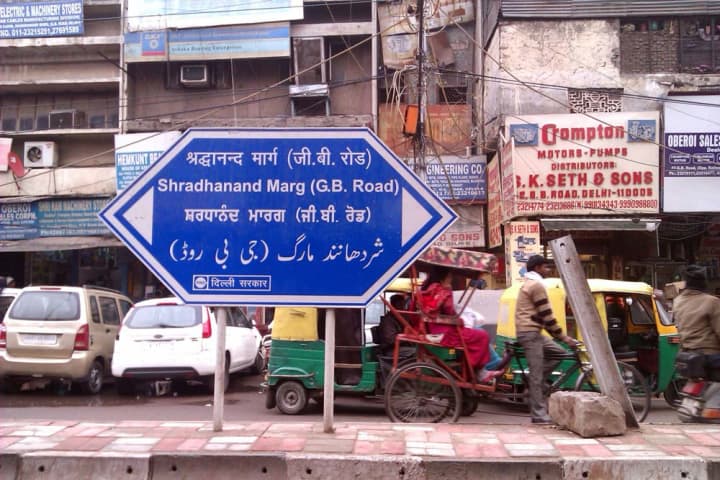
As for every other social evil, there is a law that prohibits human trafficking. The amended version of the original Suppression of Immoral Traffic in Women and Girls Act, 1956 pertains to trafficking in relation to prostitution, excluding trafficking for other purposes including child labour, organ harvesting, and domestic slavery.
But the presence of a legal framework hasn’t stopped several prostitution and trafficking rackets from mushrooming across the country. Over 16 million girls have been reportedly trafficked into the sex trade. The numbers become vague and difficult to discern when it comes to cases of forced begging, domestic slavery, and other inhuman practices.
In this scenario, the role played by NGOs and social activists becomes more and more important. Their constant effort to create a better and more inclusive world is the fervour we need at this moment.
Here are 4 organisations you can support to stop child trafficking in India:
Shikshangram, Pune
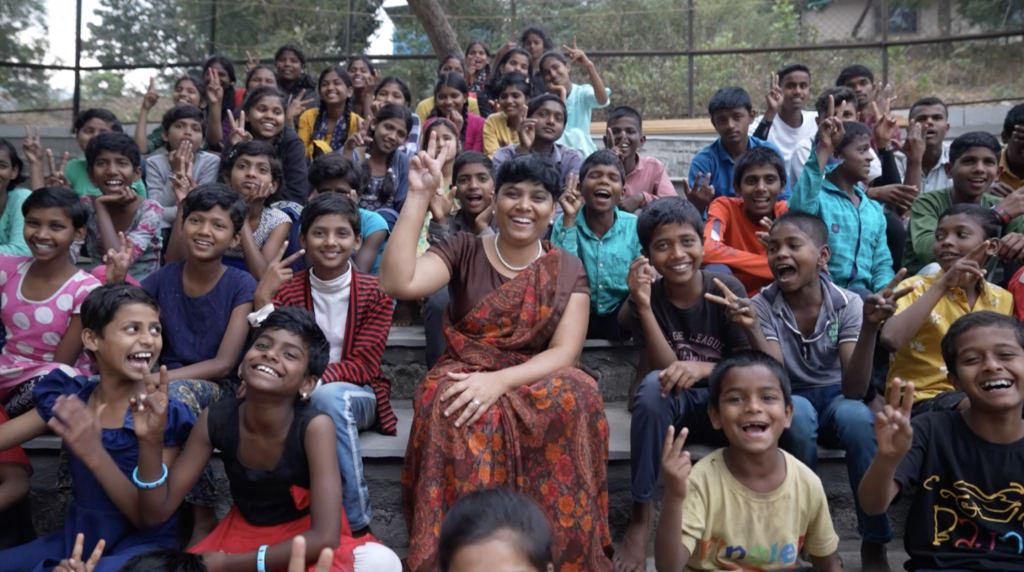
“One of the girls staying with us told me that her mother had sold her off for a mere Rs 500. I can’t imagine what she had to go through. This is not the childhood they deserve! Here at Shikshangram, they know they have their parents to take care of them, they are being fed nutritious food and given an education so that they can stand on their own feet.” – Yogita Moon, Co-Founder Shikshangram.
Based out of Pune, this NGO is home to 120+ children forced to live a life of misery and pain. They rescue children who have often been abandoned by their own families and are struggling to live in railway stations, slum areas, and bus depots for a little bit of food or a roof over their heads. With no one to look after them, they have fallen prey to substance abuse and other criminal acts.
Kat Katha, New Delhi
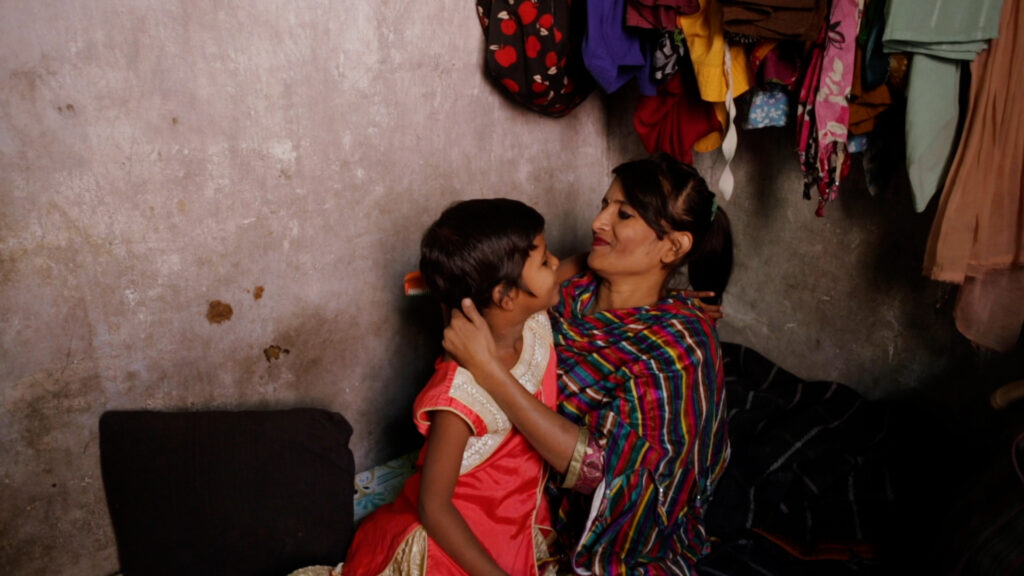
“These women, they’re like our elder sisters and that’s how we build a relationship with them. We help them fight their battles – legal, mental health-related or even financial,” – Geetanjali, Founder, Kat-Katha.
Kat-Katha has been functional for the last four years at GB Road, in Delhi with the sole vision to “End Forced Sex work”. Over the years Kat-Katha, an NGO has been quietly transforming G.B. Road brothels into classrooms, and safe spaces for women and their children to learn, explore creative arts and come alive with a sense of connection, expression, and possibility.
Goranbose Gram Vikas Kendra, South 24 Parganas, West Bengal
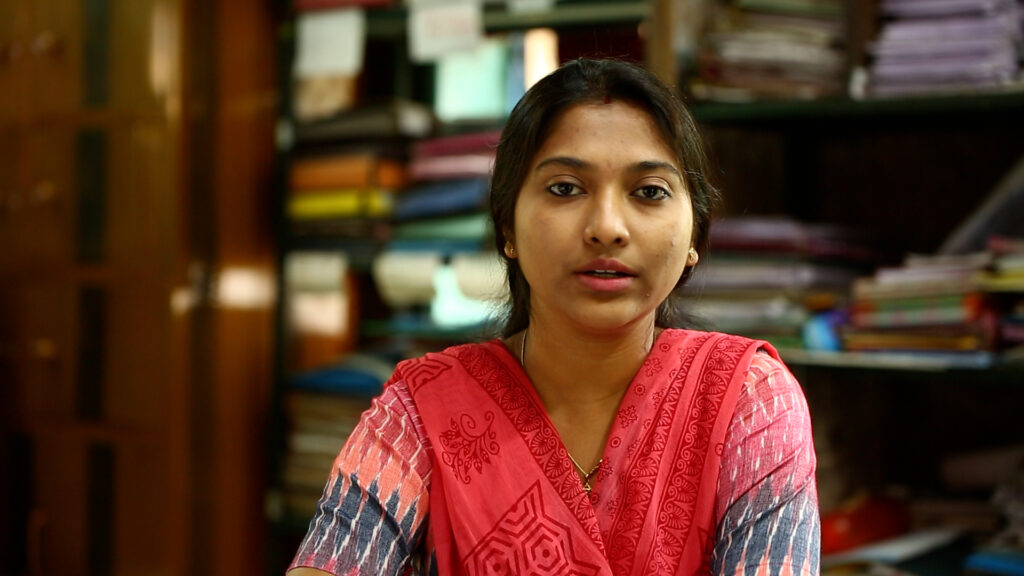
“I have been involved in rescuing young girls and women for over 35 years now but every time, the pain, the fear, the suffering – it’s the same. These girls fear judgement from society and worst even, from their own families. We try our best to help them and give them a better life but it is definitely not easy,” – Nihar Raptan, Founder, Goranbose Gram Bikash Kendra (GGBK).
Abject poverty in these areas has forced many to trade their daughters or kidnap local girls for money. Since 1985, Nihar Raptan and his daughter, Subhashree are doing commendable work by not just rescuing thousands of young women who have been forced into trafficking and prostitution but also giving them a second chance at life.
Chaitanya Mahila Mandali, Hyderabad
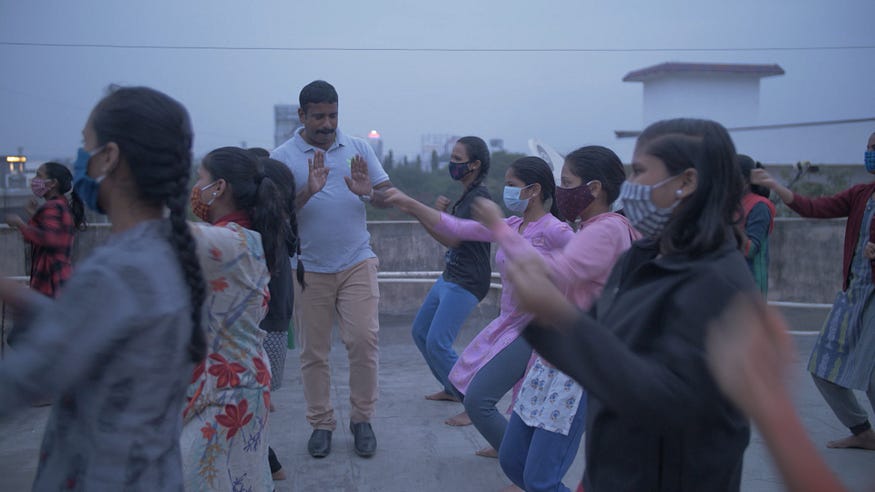
“These children have seen their mothers being harassed, abused and physically assaulted. It is absolutely unfortunate that they have to go through this pain and humiliation. They deserve happiness and love and here at Chaithanya Mahila Mandali, we give them a home and help them fight poverty and hunger,” – Jaya Singh Thomas, General Secretary, Chaithanya Mahila Mandali.
The current shelter home has around 40+ girls who are being well-fed, given the best education and all their needs are being taken care of. They are being given all the opportunities to lead a better life – one different from what their mothers have been forced to live.
